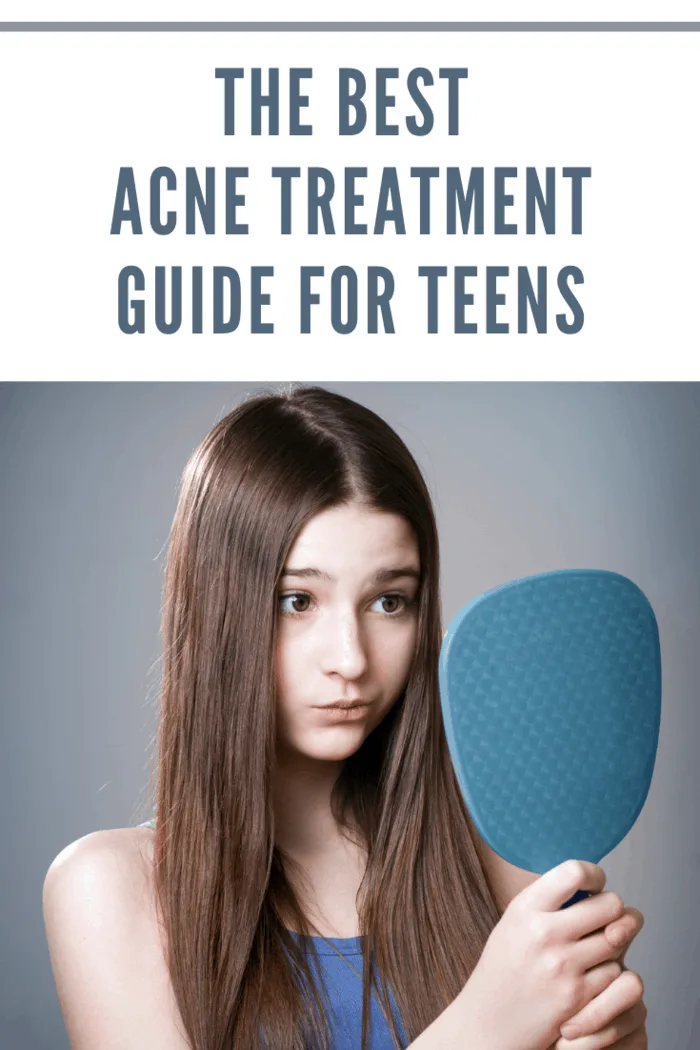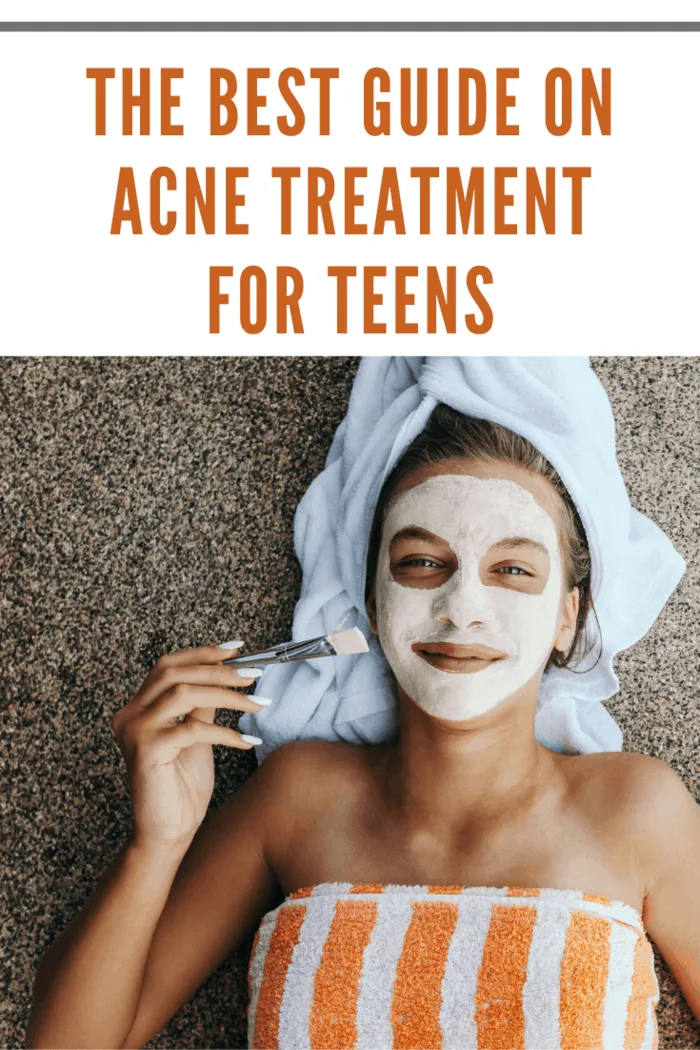Acne Treatment Guide for Teens: Your Path to Clear Skin
Hey there, teens! Are you fed up with stubborn acne that just won’t budge? Feeling self-conscious about your skin and avoiding social events because of it? You’re not alone, and the Acne Treatment Guide for Teens is here to help you reclaim your confidence and achieve clear, healthy skin!

What’s Inside the Acne Treatment Guide for Teens?
Our guide is crafted specifically for teenagers, with expert advice from dermatologists to tackle acne effectively. From understanding the root causes to discovering treatment options, this guide provides you with a comprehensive plan to achieve and maintain clear skin.
Why You Need This Guide
Dealing with acne can feel overwhelming, especially during the teenage years. Our guide will walk you through a step-by-step skincare routine, tailored to your needs. You’ll learn how to choose the right products, from cleansers and toners to spot treatments, ensuring they fit your unique skin type and issues.

Understanding Teen Acne
Causes of Acne in Teens
Teen acne is often a result of hormonal changes during puberty. Your body produces more androgen hormones, which stimulate sebaceous glands to create excess sebum. This oil can clog pores, leading to whiteheads, blackheads, or pimples. Dead skin cells, combined with this excess oil, contribute to the blockage of hair follicles. Moreover, the bacteria Propionibacterium acnes can worsen the situation by causing inflammation.
The Impact of Acne on Teens
Acne affects more than just your skin; it can significantly impact your mental and emotional well-being. Physical symptoms include irritation, redness, swelling, and sometimes painful cysts. Emotionally, acne can affect your self-esteem and confidence, leading to stress and anxiety. For some, it can even contribute to depression. It’s crucial for teens and their support systems to recognize these impacts and seek appropriate treatments and support.

Effective Treatment Options for Teen Acne
Over-the-Counter (OTC) Treatments
For mild acne, OTC products like benzoyl peroxide, salicylic acid, and alpha-hydroxy acids can be effective. These ingredients work to unclog pores, reduce inflammation, and combat bacteria. Brands like Rodan + Fields offer reliable options.
Prescription Medications
If OTC products aren’t enough, a dermatologist might prescribe stronger treatments such as retinoids or topical antibiotics for moderate to severe acne.
Oral Medications
In more severe cases, oral antibiotics or hormonal therapies might be recommended to reduce inflammation, kill bacteria, or regulate hormones contributing to acne.
Professional Treatments
In-office treatments, such as chemical peels, microdermabrasion, or light therapy, can help improve skin texture and treat acne.
Lifestyle Changes
Adopting a healthy diet, regular exercise, and stress management techniques can support your skin health. Remember, avoid picking at pimples to prevent further irritation and scarring.
Best Products for Treating Acne
Here are some product types that can help manage acne:
- Benzoyl Peroxide: Available in gels, creams, and washes, this ingredient kills acne-causing bacteria and reduces inflammation.
- Salicylic Acid: Found in cleansers, toners, and spot treatments, it helps unclog pores and reduce inflammation.
- Retinoids: Prescription retinoids work by clearing out pores and reducing inflammation.
- Topical and Oral Antibiotics: These can target bacteria and inflammation, either topically or orally.
- Hormonal Therapy: For hormonal acne, regulating hormones can be beneficial.
- Light Therapy: Uses light to kill bacteria and reduce inflammation.
Consult a dermatologist to find the best products for your specific needs and monitor your skin’s response.
Creating an Effective Skincare Routine
Step-by-Step Routine for Clear Skin
- Cleanse Twice Daily: Use a gentle cleanser morning and night to remove dirt, oil, and makeup. Stick to lukewarm water to avoid drying out your skin.
- Use a Toner: Apply a toner to remove residual impurities and restore your skin’s pH balance. Look for toners with salicylic acid or witch hazel.
- Apply Spot Treatments: Treat active acne spots with products containing benzoyl peroxide or salicylic acid.
- Moisturize: Even oily skin needs hydration. Opt for a lightweight, oil-free moisturizer.
- Wear Sunscreen: Protect your skin with a broad-spectrum sunscreen of at least SPF 30. Choose non-comedogenic formulas.
- Post-Exercise Cleansing: Wash your face after workouts to remove sweat and dirt.
- Choose Non-Comedogenic Products: Select makeup and skincare products labeled as non-comedogenic to prevent pore clogging.
Consistency is key. Stick with your routine, and remember, improvements may take several weeks.
Diet and Lifestyle Factors
How Your Diet Affects Acne
- Reduce Inflammation: Incorporate anti-inflammatory foods like fruits, vegetables, and fatty fish.
- Control Blood Sugar: Opt for a diet low in processed foods and high in complex carbs and proteins to regulate blood sugar levels.
- Increase Nutrient Intake: Vitamins A, E, zinc, and selenium are vital for skin health.
- Avoid Triggers: If certain foods seem to worsen your acne, consider cutting them out.
While diet can support acne treatment, it shouldn’t replace other therapies. For persistent acne, consult with a dermatologist for a comprehensive plan.
Final Tips for Teens Dealing with Acne
- Avoid Picking: Resist the urge to pick at or squeeze pimples to prevent scarring.
- Cleanse Properly: Use a gentle cleanser twice daily and avoid harsh scrubs.
- Be Patient: Acne treatment takes time. Don’t expect instant results, and stay committed to your routine.
- Seek Professional Help: If acne causes significant distress, consult a dermatologist for personalized advice and treatment.
